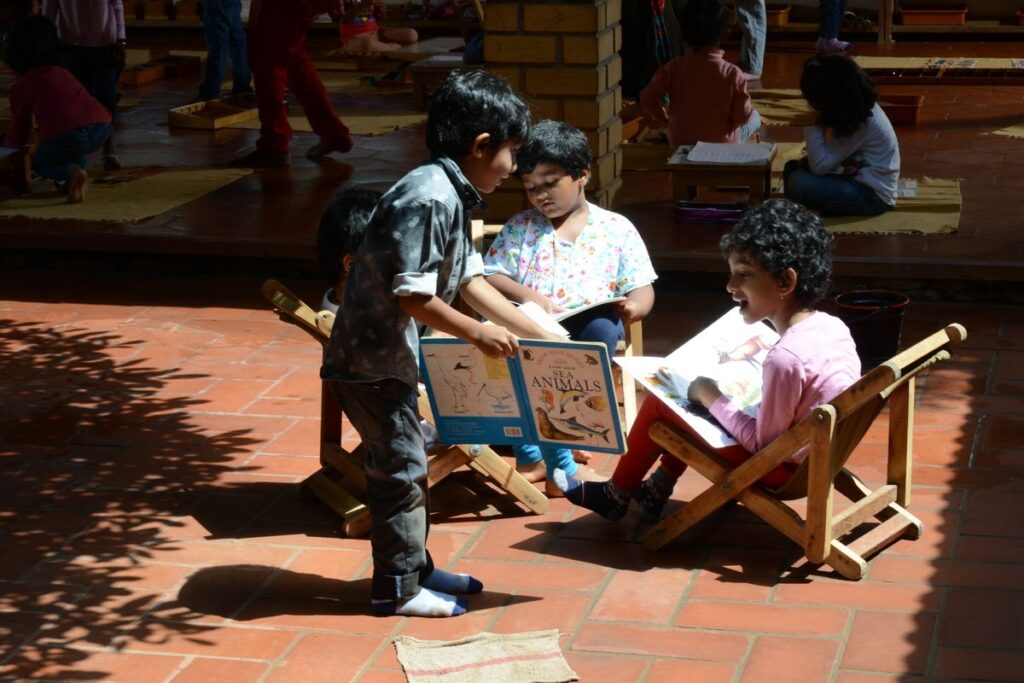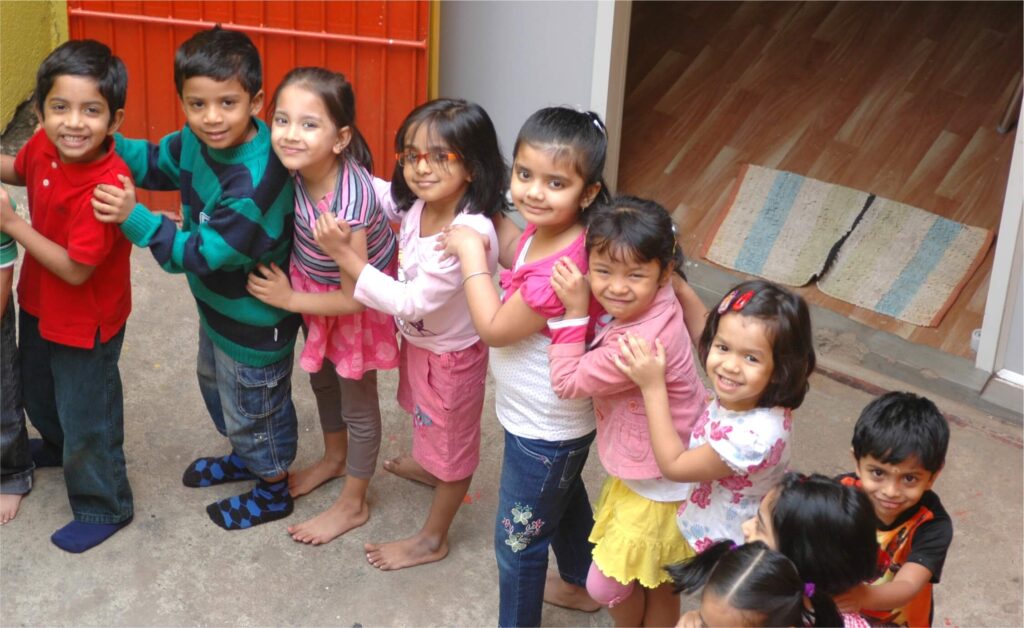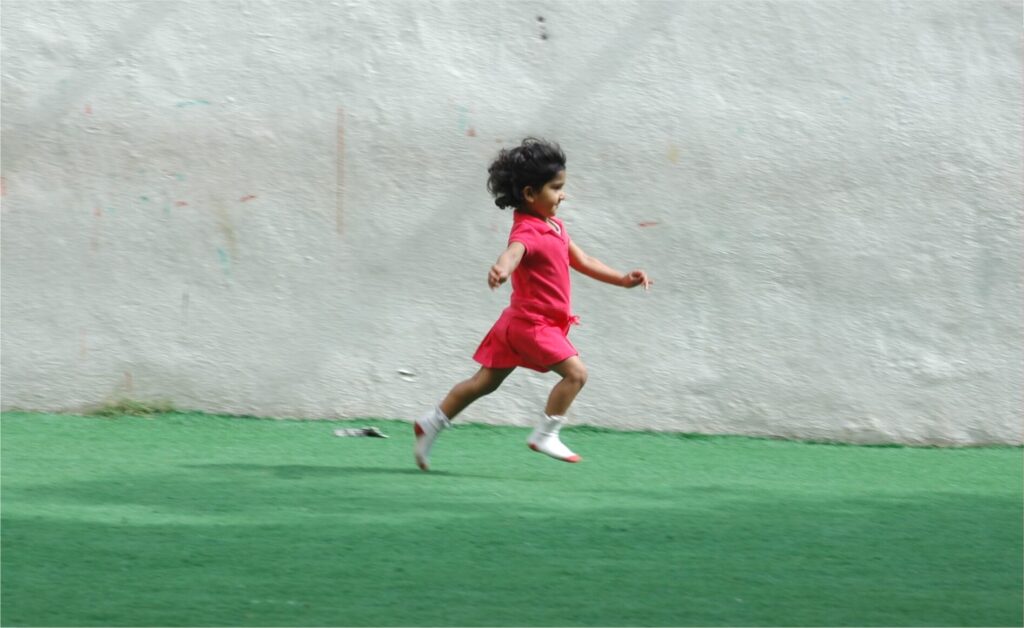If we think of the many things men have built in the world, of the enormous improvement that men have brought about in their environment, we may be led to believe that mankind’s mission in the cosmos is to transform nature. It has been said that man’s greatest delight is to possess things. No! Man’s greatest delight is using them! Using them to perfect himself and at the same time to improve his environment.
There is a constant interaction between the individual and his environment. The use of things shapes man, and man shapes things. This reciprocal shaping is a manifestation of man’s love for his surroundings. And this relationship is one of love. Love impels the child not toward the possession of an object, but toward the work he can do with it, and when work begins in a certain environment, association with one’s fellows also begins, for no one can work alone. That is how life evolves; an interesting form of work appears; it enhances the value of individuality; and in turn exalts the individual person.
But, if this does not happen – if something prevents the individual from acting – he begins to want to possess the things all around him. The result of his association then is not collaboration but conflict. Rather than working together with others, the child quarrels with them.

When individuals develop normally, they plainly feel a love not only for things, but for all living creatures. This love is not something that was taught, it is the natural result of leading the right kind of life. Love is not the cause but the effect of normal development of the individual.
Can love perhaps be taught by example? How can it be, in the absence of the cause of which this love is the effect? Can we perhaps teach brotherly love, the love of humanity, as an abstract ideal, we will first have to organize mankind properly, in accordance with the laws of humanity. In order to be able to speak of this love, we must first obey the laws of human nature, or rather of human supernature.
Many men have felt this sort of love for humanity, and it is the real essence of every individual. The child who has felt a strong love for his surroundings and for all living creatures, who has discovered joy and enthusiasm in work, gives us reason to hope for humanity. Our hope for peace in the future lies not in the formal knowledge the adult can pass on to the child, but in the normal development of the new man.
What we can do is investigate this phenomenon with the objectivity of the scientist, study the facts that determine it, discover what conditions are necessary to produce it, and keep following the path that leads to normality. What we can and must do is undertake the construction of an environment that will provide the proper conditions for his normal development.

The child developing harmoniously and the adult improving himself at his side make a very exciting and attractive picture.
This is the treasure we need today – helping the child become independent of us and make his way by himself and receiving in return his gifts of hope and light.
In this new picture, the adult will appear not only as the builder of the external world, but, even more importantly, as the protector of the moral and spiritual forces that appear anew in every human born.
– edited from an article by Dr. Maria Montessori.





